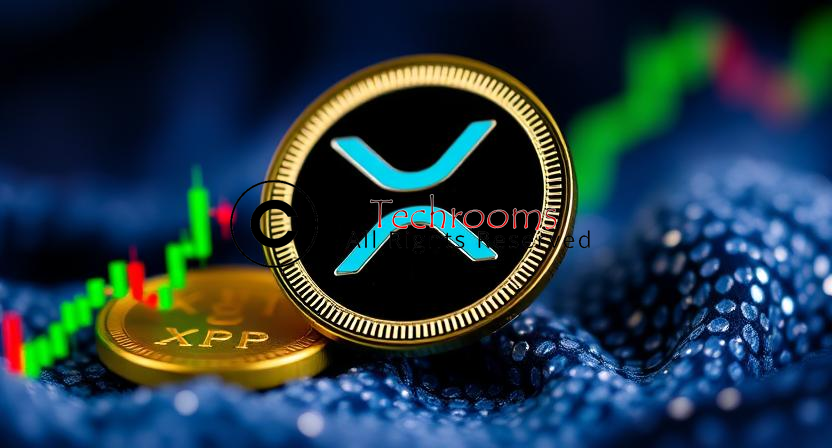The U.S. Securities and Exchange Commission (SEC) has officially recognized Bitwise's application for a spot XRP exchange-traded fund (ETF), marking a crucial point for the incorporation of XRP into mainstream financial markets. This announcement not only signals a change in regulatory attitudes but also emphasizes XRP's distinct role in facilitating cross-border financial transactions.
The application was submitted through the Cboe BZX Exchange and signifies an important advancement toward the introduction of regulated XRP investment products within traditional financial frameworks.
SEC's Review Process Commences as XRP ETF Applications Multiply
Following the filing dated February 18, the SEC will initiate a 21-day public comment period, after which it will decide whether to approve, reject, or extend its review for up to 240 days.
This proposal distinguishes XRP as a swift and cost-effective solution for international transactions, setting it apart from Bitcoin and Ethereum, which are predominantly viewed as stores of value. The SEC’s acknowledgment comes on the heels of similar submissions from Grayscale and 21Shares, while applications from WisdomTree and Canary Capital are still under review. With these developments, the total number of outstanding XRP ETF applications has now reached nine, which includes earlier proposals from CoinShares and ProShares.
The proposal underscores XRP's liquid, decentralized, and robust market structure. It references the SEC’s ruling in last year’s SEC v. Ripple Labs case, which established that Ripple's programmatic sales of XRP did not qualify as securities transactions.
If the ETF is approved, it would allow investors access to XRP under regulatory oversight without the need for self-storage of the asset.
Additionally, the SEC is evaluating Bitwise’s strategies for reducing manipulation risks, which involve utilizing U.S.-compliant trading platforms for price data and creating mechanisms for transactions to prevent fraudulent activities.
This acknowledgment signifies progress for U.S. exchanges that aim to list cryptocurrency ETFs, indicating a shift in regulatory climate under President Donald Trump’s second term. Trump has declared his intention to make the U.S. "the world’s crypto capital" and has appointed pro-crypto regulators like Acting SEC Chair Mark Uyeda and Acting CFTC Chair Caroline Pham. Both have advocated for clearer regulatory guidelines.
Expanding ETF Landscape: Dogecoin, Solana, and Other Alternative Crypto Products
The evolving regulatory perspective has triggered an influx of ETF applications, particularly following the resignation of SEC Chair Gary Gensler. Bloomberg analyst Eric Balchunas reported that in a matter of days, 33 new crypto ETF applications were filed, and projections suggest that this number could reach 50 soon.
Issuers are now seeking to launch ETFs for various alternative cryptocurrencies, including Solana (SOL), Litecoin (LTC), as well as memecoins such as Dogecoin (DOGE), Official Trump (TRUMP), and Bonk (BONK). Bloomberg ETF analyst James Seyffart predicted that the SEC would formally acknowledge critical applications for XRP and Dogecoin ETFs within days, estimating the chances of approval at 65% for XRP and 70% for Dogecoin. However, he cautioned that an XRP ETF could be unlikely until the ongoing legal proceedings surrounding Ripple are fully resolved.
In the meantime, existing spot Bitcoin and Ethereum ETFs are looking for approval on potential new features like staking and in-kind redemptions. Furthermore, issuers are waiting for regulatory approvals for proposed crypto index ETFs that would track a diversified basket of tokens.
Institutional Interest vs. Regulatory Ambiguity
The surge in ETF applications highlights a rising interest among institutional investors seeking greater exposure to cryptocurrency. However, mere demand is insufficient; approval will ultimately depend on whether the SEC perceives XRP as sufficiently distinct from past regulatory concerns.
As the legal challenges facing Ripple linger, it remains uncertain whether an ETF approval could change the way XRP is regarded in the market or if the ongoing regulatory scrutiny will prove too significant to overlook.




